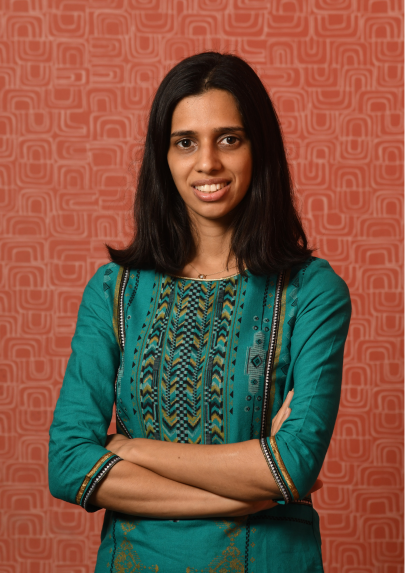Part 2 of a two-part series on the learnings and takeaways from a Household Finance course.
Home > Policy Initiatives > Household Finance > Page 8
Dvara Research’s Household Finance Research initiative aims to rigorously understand the financial choices and decisions of low-income or excluded individuals and households, and their relation to achieving households’ objectives. It has been our consistent endeavour to study financial inclusion as a gateway to a suite of appropriate financial services eventually enabling well-rounded household balance sheets and consumer financial well-being.

Head - Household Finance

Senior Research Associate
Part 2 of a two-part series on the learnings and takeaways from a Household Finance course.
Part 1 of a two-part series on the learnings and takeaways from a Household Finance course.
A few insights from the field on possible reasons for low account usage.
The past year has seen many commentaries on the rapid expansion of microfinance in India warning of the imminent consequences of unbalanced growth.
In December 2014, the Reserve Bank of India published the Charter of Customer Rights as a commitment to protecting the interests of consumers of financial services.
In this paper, we attempt to develop a granular understanding of the relationship between credit (as measured by total bank credit outstanding in a district) and economic growth (as measured by Gross District Domestic Product) for 32 districts of Tamil Nadu
Rapid expansion in the microfinance sector has been credited with advancing financial inclusion in India, even as much of this growth has focused exclusively on simple group loans and credit-linked insurance.
For the first time, the majority of Indian women have been financially included. Fresh data show that the proportion of Indian women with individual accounts in formal financial institutions (primarily banks) reached 61% in 2015, a sharp increase from 48% in 2014, lagging men by only eight percentage points.
For the first time, the majority of Indian women have been financially included. Fresh data show that the proportion of Indian women with individual accounts in formal financial institutions (primarily banks) reached 61% in 2015, a sharp increase from 48% in 2014, lagging men by only eight percentage points.
Taking a significant step towards curbing illegal collection of deposits by unauthorized and illegal entities, RBI recently set up a website named 'Sachet' (Alert).
In all our research efforts, we strive to maintain an independent voice that speaks for the low-income household and household enterprises. Our ability to perform this function is significantly enhanced by our commitment to disseminate as a pure public good, all the intellectual capital that we create.
